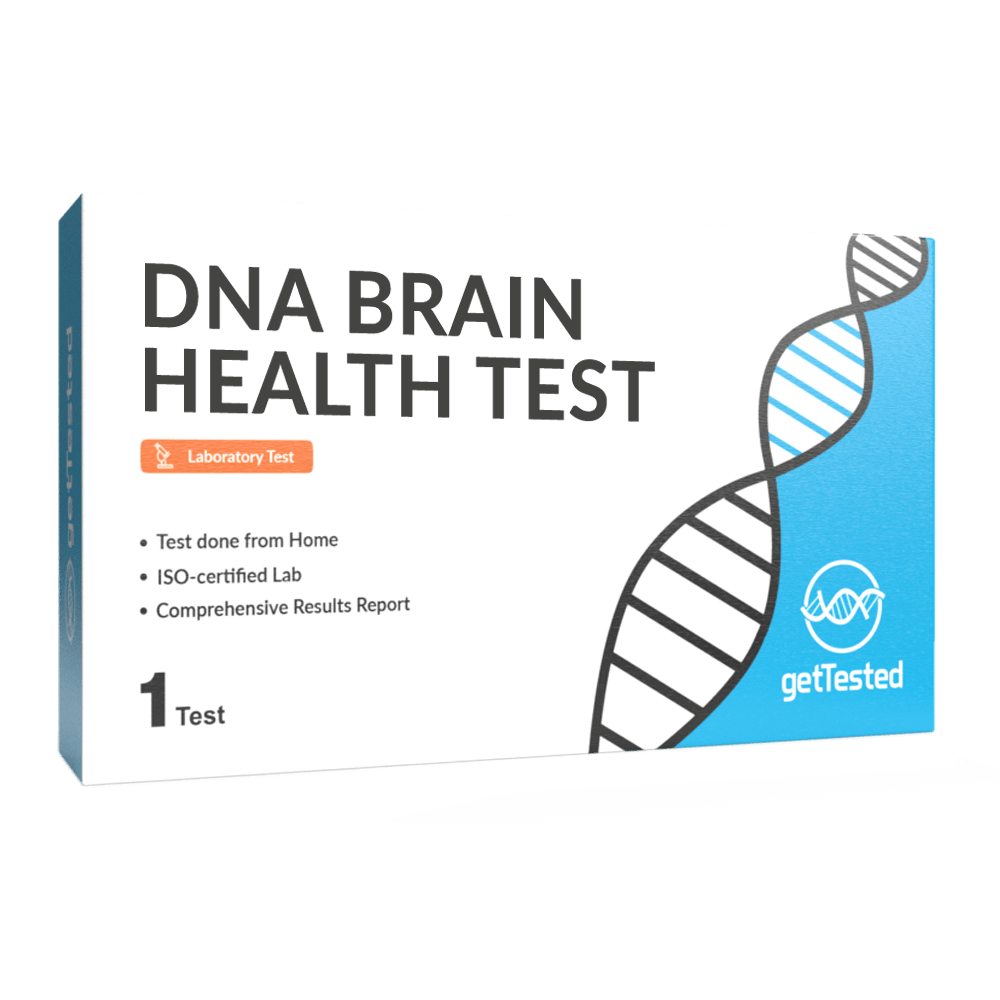
Assessing Cognitive Vitality: The Importance of Brain Health Tests
Maintaining optimal cognitive function is essential for navigating life’s challenges and enjoying a fulfilling existence. As we age, it becomes increasingly vital to monitor and nurture our brain health. One effective way to do this is through regular brain health tests. These assessments offer valuable insights into our cognitive vitality, helping us take proactive steps to preserve and enhance our mental acuity.
Understanding Brain Health Tests: What Are They and How Do They Work?
Brain health tests are diagnostic tools designed to evaluate various aspects of cognitive function, including memory, attention, processing speed, and problem-solving abilities. They often consist of a series of tasks or questions that assess different cognitive domains. These tests can be administered by healthcare professionals, psychologists, or through online platforms. Some common types of brain health tests include the Mini-Mental State Examination (MMSE), Montreal Cognitive Assessment (MoCA), and Stroop Test.
The Importance of Early Detection: Catching Cognitive Decline in its Tracks
Early detection of cognitive decline is crucial for implementing interventions that can slow its progression and improve quality of life. Brain health tests serve as valuable screening tools, allowing individuals and healthcare providers to identify subtle changes in cognitive function that may indicate underlying issues such as Alzheimer’s disease, dementia, or mild cognitive impairment. By detecting these changes early, individuals can take proactive steps to manage their condition and maintain independence for as long as possible.
Empowering Individuals Through Knowledge: The Benefits of Brain Health Assessments
One of the primary benefits of brain health tests is the empowerment they provide to individuals. By gaining insight into their cognitive strengths and weaknesses, individuals can make informed decisions about their lifestyle and healthcare choices. For example, someone who performs poorly on a memory test may choose to implement strategies to improve memory retention, such as engaging in regular mental exercises, adopting a healthy diet, and getting adequate sleep. Additionally, brain health tests can help individuals track changes in their cognitive function over time, providing valuable feedback on the effectiveness of interventions and treatments.
Breaking Down Barriers: Making Brain Health Tests Accessible to All
While brain health tests offer numerous benefits, access to these assessments remains a challenge for many individuals. Factors such as cost, availability, and cultural barriers can prevent people from undergoing cognitive screening. To address these barriers, efforts must be made to increase awareness about the importance of brain health testing and to make these assessments more accessible to diverse populations. This may involve offering free or low-cost screening programs, providing education about the importance of cognitive health, and tailoring assessments to accommodate different cultural and linguistic needs.
The Role of Technology: Leveraging Innovation to Improve Brain Health Testing
Advancements in technology have led to the development of digital tools and platforms that make brain health testing more convenient and accessible than ever before. Mobile applications, online assessments, and virtual reality platforms offer scalable solutions for conducting cognitive screening remotely. These technologies not only increase access to brain health tests but also provide real-time feedback and personalized recommendations based on individual performance. By leveraging innovation, we can democratize access to brain health assessments and empower individuals to take control of their cognitive wellbeing.
Beyond Diagnosis: Using Brain Health Tests for Prevention and Intervention
While brain health tests are commonly used for diagnostic purposes, their potential extends far beyond identifying cognitive impairment. These assessments can also be valuable tools for preventive care and intervention. By identifying risk factors for cognitive decline early on, individuals can take proactive steps to mitigate these risks and promote brain health. This may involve adopting a brain-healthy lifestyle, engaging in regular physical and mental exercise, managing chronic conditions such as hypertension and diabetes, and staying socially and intellectually engaged.
Looking to the Future: Advancing Brain Health Testing and Research
As our understanding of the brain continues to evolve, so too will our approaches to assessing and preserving cognitive function. Ongoing research in neuroscience, digital health, and artificial intelligence holds promise for advancing brain health testing and personalized interventions. By harnessing the power of data analytics, predictive modeling, and biomarker research, we can develop more accurate and sensitive tools for detecting cognitive changes and tailoring interventions to individual needs. Through collaboration between scientists, healthcare professionals, technology developers, and policymakers, we can pave the way for a future where everyone has the opportunity to maintain optimal brain health and cognitive vitality throughout their lifespan. Read more about brain health test
